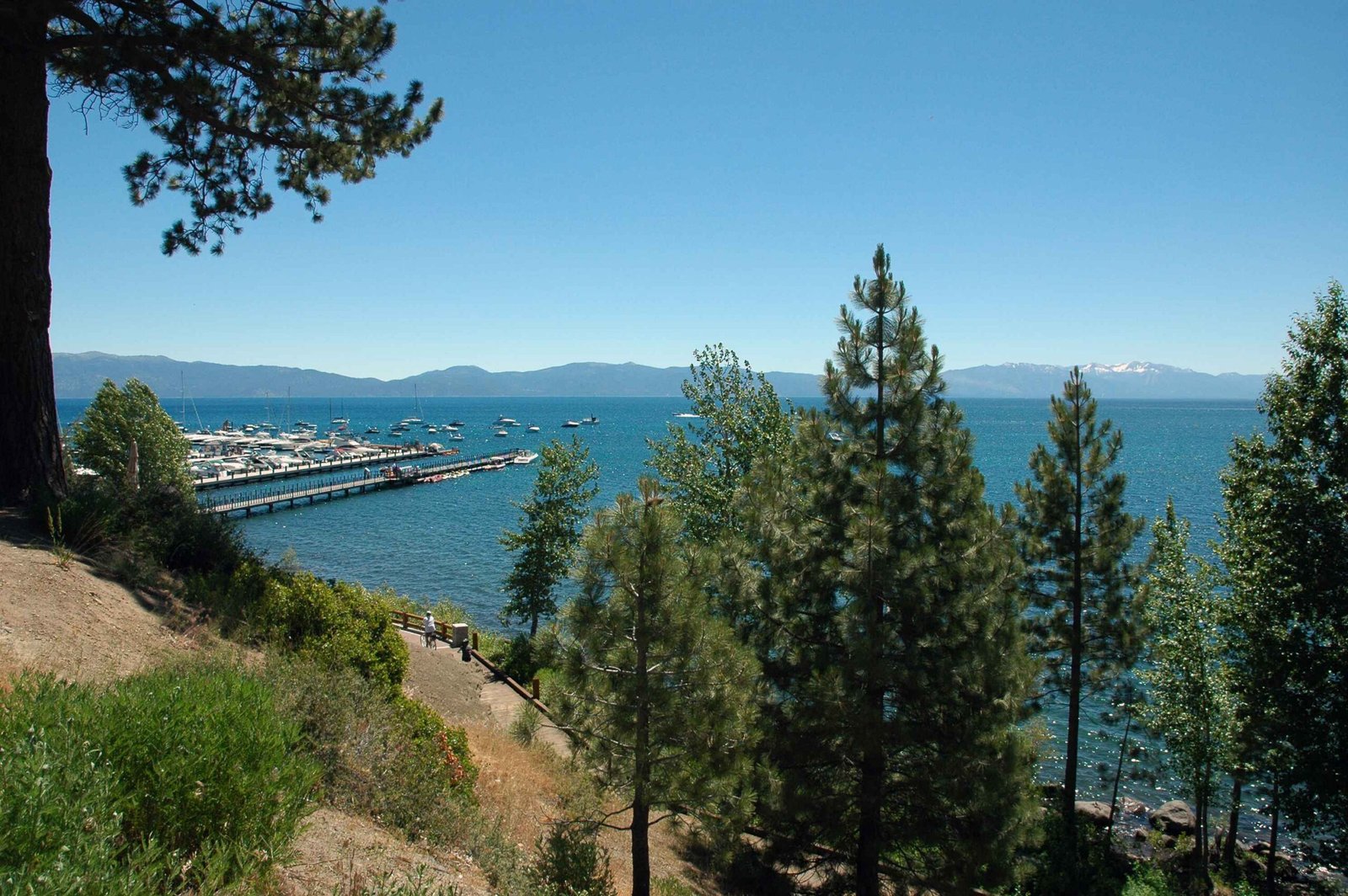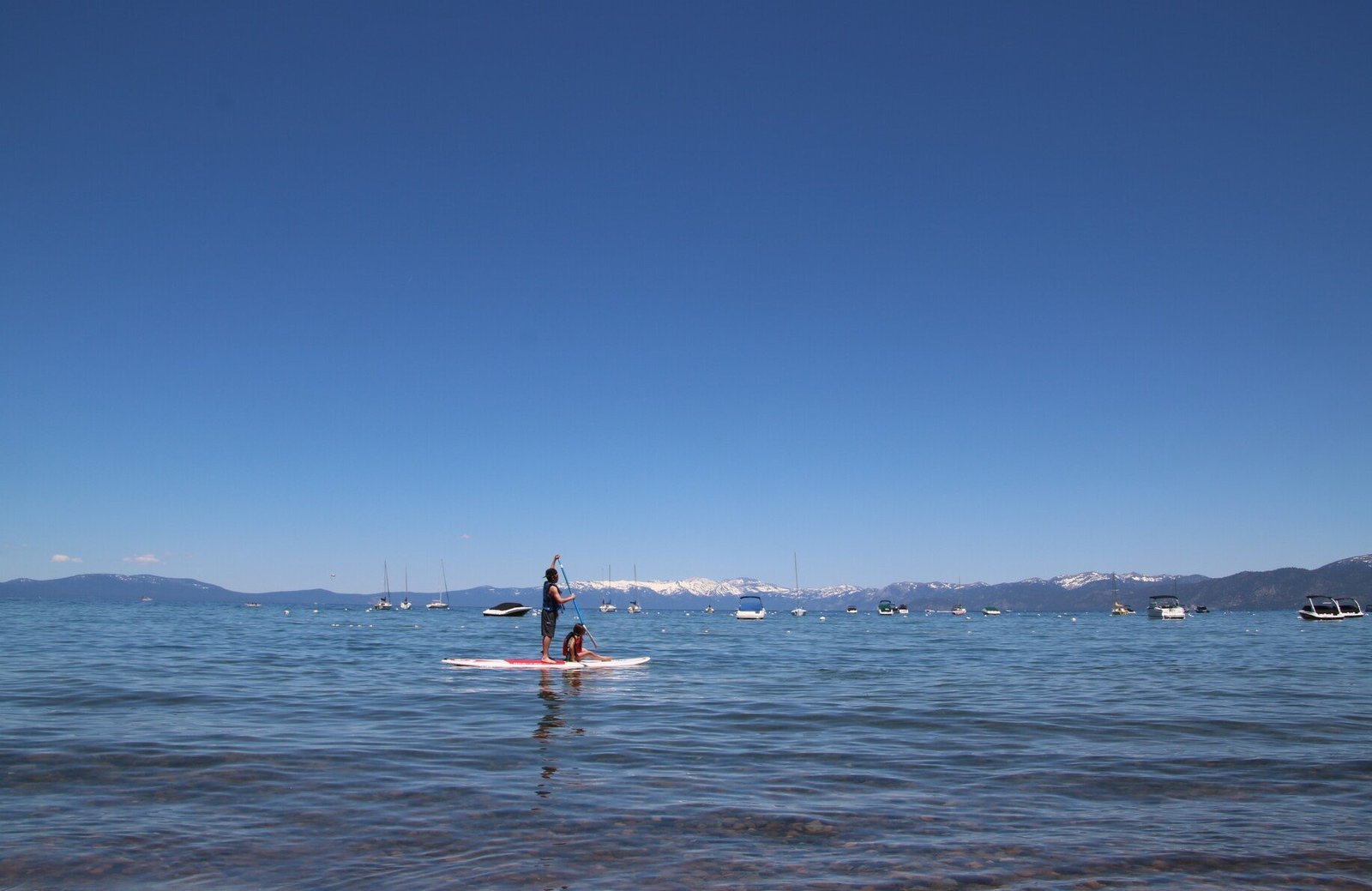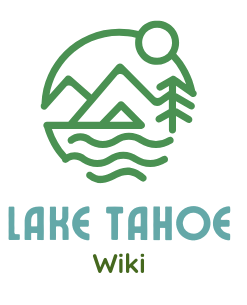Lake Tahoe represents a stunning example of natural water transparency, with annual clarity measurements reaching up to 68.2 feet in 2023. While not definitively the absolute clearest lake globally, it ranks among the top transparent water bodies worldwide, offering remarkable visibility that attracts scientists, environmentalists, and tourists seeking pristine natural environments.
What Makes Lake Tahoe’s Water So Clear?

Lake Tahoe’s extraordinary water clarity stems from multiple unique environmental factors:
Geological Composition
- Alpine mountain watershed
- Minimal sedimentary input
- Granite rock formations surrounding the lake
- Limited industrial development in the region
Water Source Characteristics
- Predominantly snowmelt and underground springs
- Low mineral content
- Minimal organic pollution
- High-altitude ecosystem protection
How Does Lake Tahoe Compare to Other Clear Lakes?

| Lake | Average Clarity (Feet) | Location |
|---|---|---|
| Lake Tahoe | 68.2 | California/Nevada, USA |
| Crater Lake | 134 | Oregon, USA |
| Blue Lake | 131 | New Zealand |
| Great Slave Lake | 60 | Canada |
Factors Affecting Water Transparency
- Sediment Reduction
- Strict environmental regulations
- Watershed management programs
-
Erosion control initiatives
-
Invasive Species Management
- Monitoring non-native organisms
- Ecosystem balance preservation
- Scientific research and intervention
What Challenges Threaten Lake Tahoe’s Clarity?
Environmental Pressures
- Urban development
- Climate change impacts
- Increased tourism
- Stormwater runoff
- Atmospheric pollution
Conservation Efforts
- Regional planning agencies
- Environmental improvement programs
- Public awareness campaigns
- Sustainable tourism strategies
Can Visitors Experience Lake Tahoe’s Clarity?
Recommended Viewing Locations
- Emerald Bay State Park
- Sand Harbor
- Kings Beach
- Tahoe Rim Trail overlooks
Best Observation Times
- Early morning
- Late autumn
- Winter months
- Minimal wind conditions
Scientific Measurement Techniques
Secchi Disk Method
- 25-centimeter white disk
- Lowered into water column
- Measures depth of visibility
- 18-37 measurements annually
Future Outlook for Lake Tahoe’s Transparency
Projected Trends
- Continued environmental monitoring
- Advanced conservation techniques
- Climate adaptation strategies
- Collaborative research initiatives
Community Involvement
- Citizen science programs
- Volunteer water quality testing
- Educational outreach
- Sustainable practice adoption
Conclusion
While Lake Tahoe may not be definitively the world’s clearest lake, its remarkable transparency, ongoing scientific research, and dedicated conservation efforts make it a global benchmark for freshwater ecosystem preservation.
Quick Facts
- Average clarity: 68.2 feet (2023)
- Location: California/Nevada border
- Elevation: 6,225 feet
- Volume: 39 trillion gallons
Reference:
– Tahoe Environmental Research Center
– Lake Tahoe Information
– TRPA Environmental Monitoring

